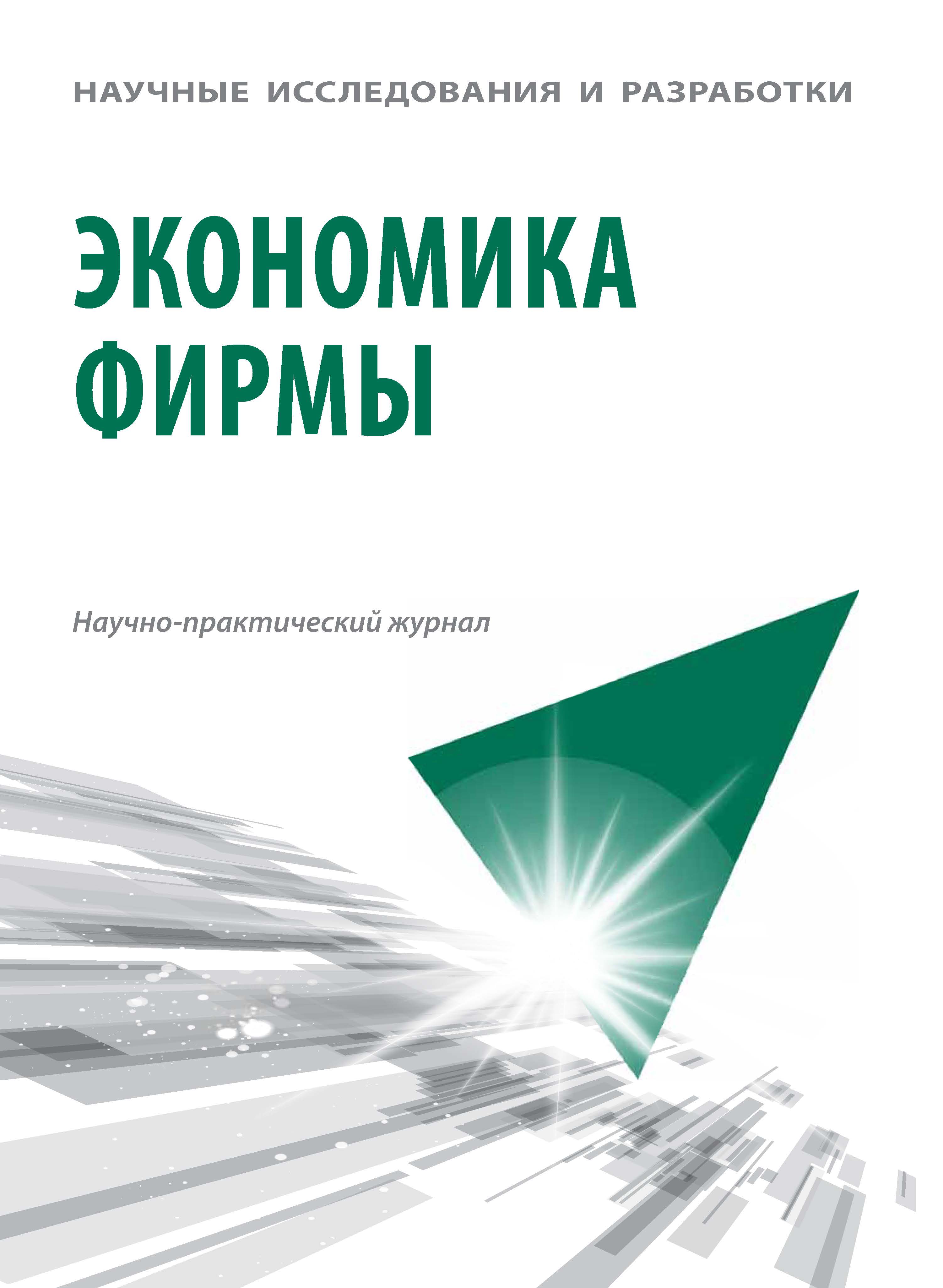Moscow, Russian Federation
In the current conditions of dynamic development of the global economy and transition to sustainable production and consumption patterns, special attention is paid to the management of infrastructure projects in the field of secondary resources handling. Such projects are an integral part of the concept of closed economy aimed at waste minimization, rational use of resources and reduction of environmental load. This article analyses the main aspects of project management in the sphere of secondary resources management: the study of the regulatory framework, assessment of applied technologies and organizational models, as well as key approaches to achieving environmental and economic efficiency. Special attention is paid to interagency co-operation, mechanisms for securing funding and the introduction of digital technologies, which play an important role in increasing the transparency and efficiency of processes. The article also discusses current challenges related to environmental priorities and strategic objectives, including the adaptation of existing approaches to changing societal and market requirements. Practical recommendations are offered to improve infrastructure project management based on the analysis of global best practices, relevant statistical data and the results of previously conducted research. This research is aimed at supporting sustainable development and optimizing project management in the context of growing environmental challenges and strategic priorities of state and international policy.
project management, secondary resources, closed-loop economy, environmental efficiency, infrastructure projects, waste management, digitalisation, economic evaluation, regulatory framework
1. Bikbau M.Ya. Novye tehnologii pererabotki bytovyh i promyshlennyh othodov [Tekst] / M.Ya. Bikbau // Ekologicheskie sistemy i pribory. — 2018. — № 7. S. 26–49. — DOI: 10.25791Zesip.07.2018.070
2. Volkova A.V. Rynok utilizacii othodov [Tekst] / A.V. Volkova. — M.: Izdvo Vysshey shkoly ekonomiki, 2018. — 87 s.
3. Volynkina E.P. Analiz sostoyaniya i problem pererabotki tehnogennyh othodov v Rossii [Tekst] / E.P. Volynkina // Vestnik Sibirskogo gosudarstvennogo industrial'nogo universiteta. — 2017. — № 2. — S. 43–49.
4. Gonopol'skiy A.M. Regional'naya ekonomicheskaya strategiya obrascheniya s othodami [Tekst] / A.M. Gonopol'skiy, I.M. Rukina, O.L. Fedorov. — M.: Izd vo MGUIE, 2005. — 167 s.
5. Sagitov R.F. Puti racional'nogo resheniya problemy pererabotki promyshlennyh othodov v RF [Tekst] / R.F. Sagitov, S.V. Antimonov, E.V. Ganin, Yu.S. Ivanova, E.A. Fedorov // Izvestiya OGAU. — 2015. — № 2. S. 246–248.
6. Skobelev D.O. Sozdanie ekotehnoparkov — racional'nyy put' k razvitiyu otrasli kompleksnoy pererabotki othodov i ispol'zovaniya vtorichnyh resursov [Tekst] / D.O. Skobelev, V.A. Mar'ev, G.G. Potapov, L.Ya. Shubov, I.G. Doronkina // Ekologiya promyshlennogo proizvodstva. — 2018. — № 2. — S. 7–21.
7. Chovrebov E.S. Ekologoekonomicheskie aspekty obrascheniya stroitel'nyh materialov [Tekst] / E.S. Chovrebov // Vestnik Kostromskogo gosudarstvennogo universiteta im. N.A. Nekrasova. — 2013. — T. 19. — № 3. S. 10–14.
8. Chovrebov E.S. Ekonomicheskie i pravovye aspekty strategicheskogo planirovaniya othodopererabatyvayuschey otrasli (v ramkah razvitiya stroitel'nogo kompleksa) [Tekst] / E.S. Chovrebov // Vestnik MGSU. 2018. — T. 13. — Vyp. 10. — S. 1193–1203. DOI:https://doi.org/10.22227/19970935.2018.10.11931203
9. Abeliotis K. Life cycle assessment in solid household waste management // Integrated waste management. 2011, v. I, pp. 23–35. DOI:https://doi.org/10.5772/20421
10. Chovrebov E.S. Obespechenie ekologicheskoy bezopasnosti pri proektirovanii ob'ektov nedvizhimosti i provedenii stroitel'nyh rabot [Tekst] / E.S. Chovrebov, E.A. Yayli, M.P. Cerenova, K.V. Yur'ev. — SPb.: Izdvo Rossiyskogo gosudarstvennogo gidrometeorologicheskogo universiteta, 2013. — 360 s.
11. Bani M.S., Rashid Z.A., Hamid K.H.K. The development of decision support system for waste management: a review // World Academy of Science, Engineering and Technology. 2009, no. 25, pr. 161–168.
12. Celik N., Antmann E., Shi X., Hayton B. Simulationbased optimization for planning of effective waste reduction, diversion, and recycling programs. Department of Industrial Engineering, University of Miami. 2012, pr. 56–67.
13. Markovic D., Janosevic D., Jovanovic M., Nikolic V. Application method for optimization in solid waste management system in the city of Nis // Facta universitatis. Series: Mechanical Engineering. 2010, vol. 8, pr. 65–67.
14. Mazzanti M., Zoboli R. Waste generation, waste disposal and policy effectiveness: evidence on decoupling from the European Union // Resources, Conservation and Recycling. 2008, vol. 52, issue 10, pr. 1221–1234.
15. Mothi G. Urban solid waste management: a micro analysis: thesis doctor of philosophy in economics. Kerala University library Thiruvananthapuram, 2012. 199 p.






